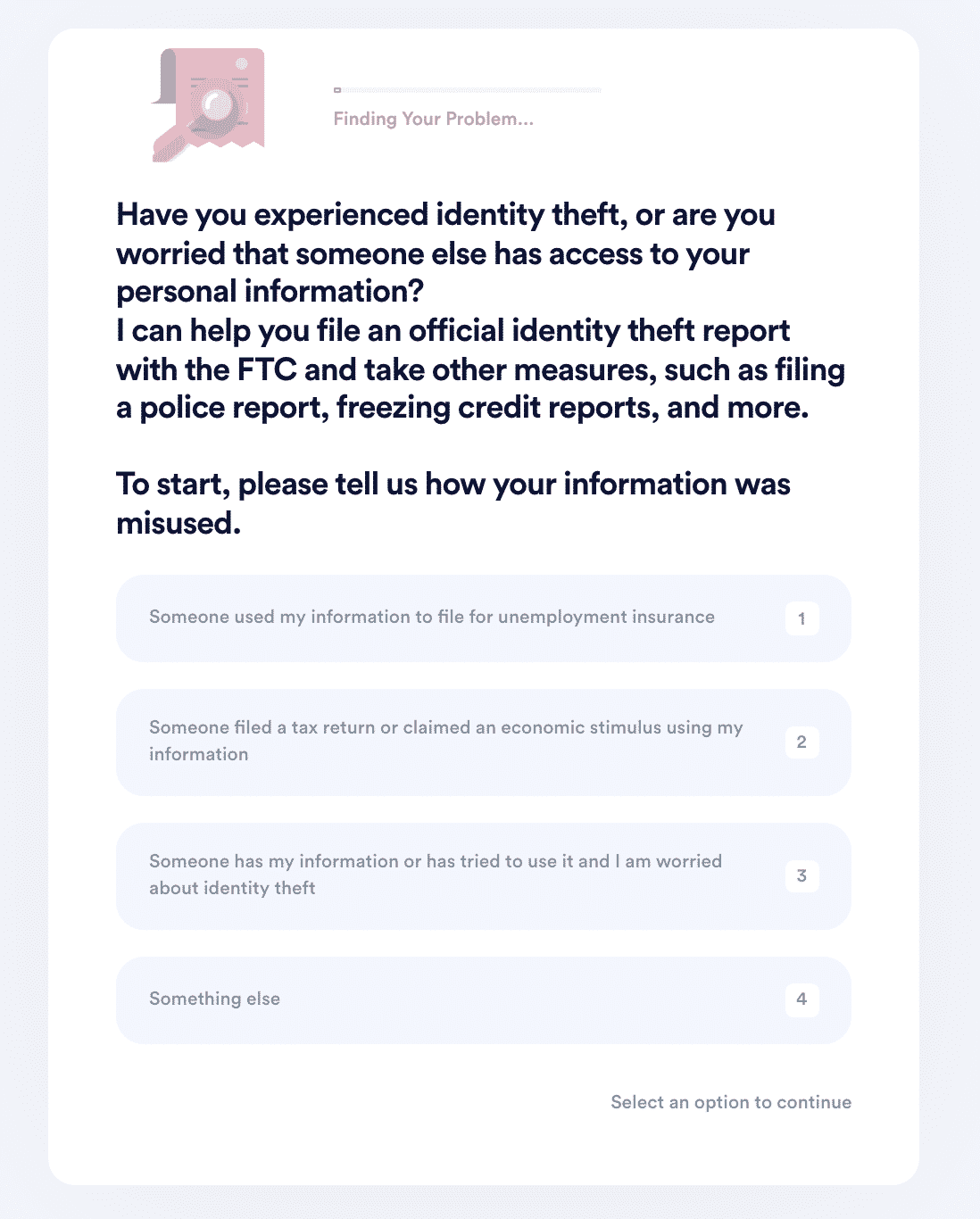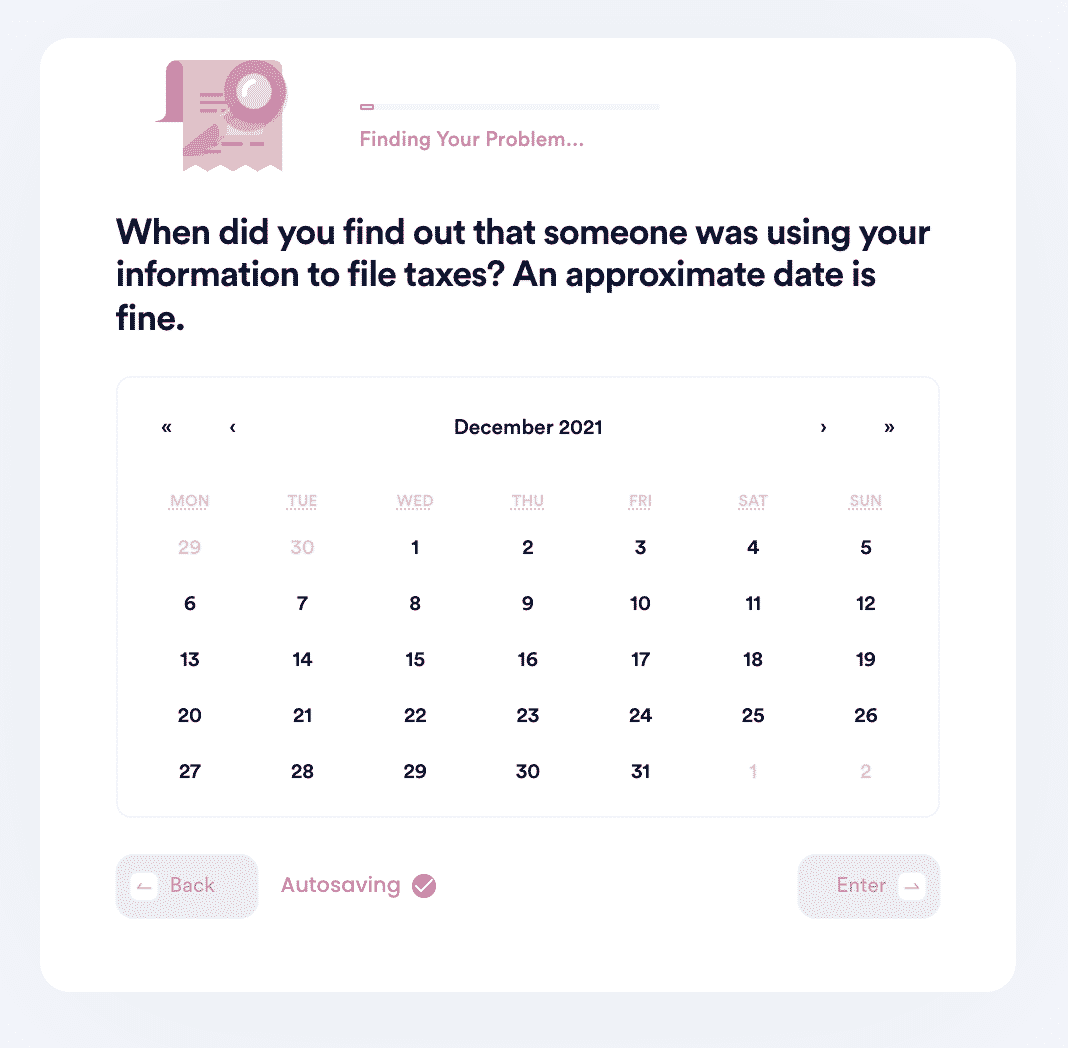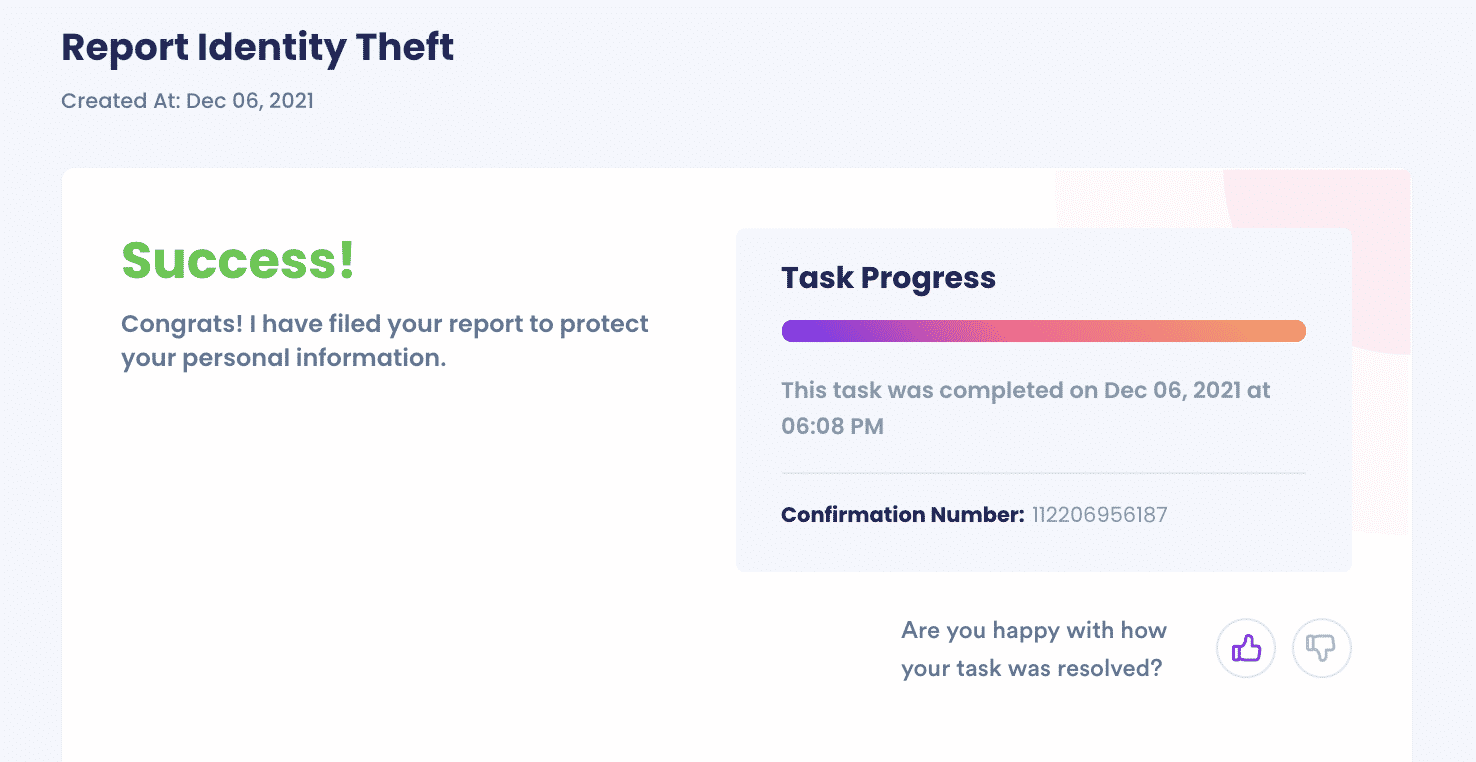Pro Bono Identity Theft Lawyers Can Help You Get Justice If Your Identity Is Stolen
When someone accesses your personal information and steals your identity, it can have devastating consequences. If you’re an identity theft victim, the thief can use your identity to obtain credit cards, steal your money, or even impersonate you if they run into problems with the law.
In many cases, the victims of identity theft may have to seek help from the system by hiring a lawyer. A may be the smartest and most budget-friendly option. But first, you need to understand what identity theft is, and what you can do before you hire a lawyer.
What Is Identity Theft?
without your permission, it is identity theft. They are using your identity instead of their own, typically for some type of personal gain. Common forms of identity theft include:
- Financial theft: opening or altering accounts using your name
- Medical theft: using your insurance or payment information
- Tax data theft: stealing tax returns
- Employment information theft: using your info to get a job or collect benefits
- Senior ID theft: theft of life savings or benefits
- Child ID theft: using the personal information of minors to open accounts, etc.
How to File a Police Report for Identity Theft
The Federal Trade Commission (FTC) provides the primary source for reporting identity theft. But most people should also submit a police report.
If your identity is stolen, take the following four steps immediately:
- Contact local authorities via their non-emergency number and report an identity theft crime.
- Report your identity theft to the FTC.
- Contact credit reporting agencies and report fraudulent activity.
- Take measures to stop and prevent further damage.
|
File a Report with the Service or Company |
If the identity theft relates to a specific service or company, let them know your account/identity has been compromised. Accounts opened in your name? Have them closed with proof that you didn't open the account, then seek refunds if charges were leveled. Account hacked? Report the compromised account and seek a remedy through their hacked account resolution. |
|
File a Report with the Federal Trade Commission (FTC) |
Let them know that fraudulent transactions have taken place. Expect some extensive paperwork and follow-ups to complete the process with the government agency. |
|
File a Report with the IRS |
If the identity theft had to do with your taxes or unemployment, you'd also need to file a report with the IRS. |
|
Inform Affected Parties |
Was anyone else affected? For example, the thief may have impersonated you to your coworkers. |
How to Prevent Identity Theft
There are no foolproof methods to preventing identity theft, but there are some measures you can take to reduce your risk. These actions include:
- Shredding all documents with personal information before throwing them away.
- Checking all open accounts regularly.
- Closing or deleting any unused open accounts.
- Review credit reports regularly.
- Use antivirus software on your computer.
- Use complex passwords and two-factor authentication when available.
If you have a complicated financial history or simply want added protection, it may be wise to look into purchasing ID theft protection.
How to Send Demand Letters To for Identity Theft
Once you are the victim of identity theft, you will most likely have to send demand letters to in order to recoup any losses. This means hiring a lawyer and determining which party you will send demand letters to. Sometimes, the identity of a thief is found, and it is easy to pinpoint the defendant. In other cases, banks or institutions that facilitated identity theft may be found liable.
Finding a pro bono lawyer to take your case will take a lot of stress off, but finding a lawyer you trust can be difficult.
How to Find a Pro Bono Identity Theft Lawyer by Yourself
An internet search engine will give you a list of many identity theft lawyers from which to choose, but the list will be long. It is difficult to determine where to start when your options stem from search engine optimization and paid advertisements.
Depending on your location, you may have to work with your pro bono identity theft lawyer over long distances. When you reach out to the lawyer, you may find that they are not willing to do pro bono work, or they may not be licensed to work in your state.
Finding a pro bono identity theft lawyer can be an arduous process. The perfect lawyer is not typically found through a simple internet search.
Next Steps if You Can't Do It Yourself
When you find that your search isn't going well, DoNotPay can help.
How to Deal With Identity Theft Using DoNotPay:
- Search "identity theft" on DoNotPay and select the type of incident you would like to report.

- Tell us more about the incident that occurred, including the location, date, time, financial loss, and any suspect information you may have.

- We'l identify whether you should file a FTC report, contact the IRS, freeze your credit report, contact state agencies, or file a police report. Once we guide you through the best options, we'll automatically submit the reports on your behalf!

Why Use DoNotPay to Help Find a Pro Bono Identity Theft Lawyer
When you discover you’re the victim of identity theft, it’s not often a straightforward process to fix it. There are often numerous aspects of the situation that need to be addressed, especially if the thief has used your information to open accounts or take out loans.
DoNotPay can help with many issues related to identity theft, including:
- How to report ID theft
- IRS related identity theft
- Someone using your name to collect unemployment
- Credit card fraud
- Social security theft
- Stimulus check recovery
- Equifax and Experian identity theft
- Filing an identity theft lawsuit
What Else Can DoNotPay Do?
DoNotPay can help you with some of the most common personal problems, including:
- Helping victims of crime seek compensation
- Contacting government representatives
- Assisting with chargeback and refunds
- Starting a lawsuit in small claims court
- Helping with insurance claims
Sign up for today, and make sure your problems are handled efficiently and successfully.


